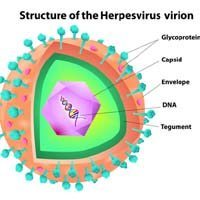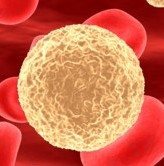Ape Virus Shrinks Mesothelioma Tumors in Lab
A virus that causes leukemia in gibbon apes may have the power to help fight malignant mesothelioma in people. Gibbon…
Incredible findings lead mesothelioma medical experts on the verge of treatment milestones through virotherapy. Clinical trials are being implemented.







